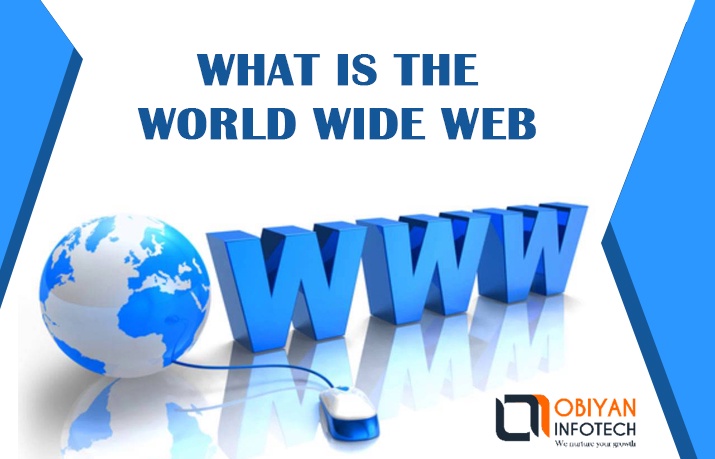Introduction
In the digital age, the term "www" is ubiquitous, almost synonymous with the Internet itself. It's plastered across browser addresses, URLs, and countless online platforms. But have you ever wondered what this three-letter acronym actually stands for? In this blog, we'll delve into the origins and significance of "www" in computer terminology and explore how it has shaped the way we interact with the virtual realm.
Unveiling the "www"
The abbreviation "www" stands for World Wide Web. It represents a system of interconnected documents and resources that are linked through hyperlinks and are accessible via the Internet. The concept of the World Wide Web was proposed by British computer scientist Sir Tim Berners-Lee in 1989, and its development began at CERN (the European Organization for Nuclear Research) in Switzerland.
Breaking Down the Components
1.World: The "world" signifies the global reach of the system. The World Wide Web is designed to transcend geographical boundaries and connect people, information, and resources from all corners of the world.
2.Wide: The "wide" emphasizes the extensive nature of the web. It encompasses an immense range of topics, services, and applications, providing a vast repository of information and functionalities.
3.Web: The "web" component reflects the interconnectedness of the content. Just like a spider's web, where each strand is linked to others, the World Wide Web consists of interconnected documents, websites, and services linked through hyperlinks.
The Impact of the World Wide Web
The advent of the World Wide Web has fundamentally transformed various aspects of our lives:
1.Information Accessibility: The web has democratized access to information. Anyone with an Internet connection can access a wealth of knowledge on virtually any topic, revolutionizing research, education, and learning.
2.Communication Revolution: The web has revolutionized communication, enabling real-time interactions through email, instant messaging, and social media platforms. It has connected people globally, fostering a sense of interconnectedness.
3.E-commerce and Online Services: The rise of the web has paved the way for e-commerce, allowing businesses to reach a global customer base. Online services, from banking to entertainment streaming, have become integral parts of modern life.
4.Digital Transformation: Organizations have undergone digital transformation, leveraging the web to streamline processes, enhance productivity, and innovate new business models.
5.Collaboration and Sharing: The World Wide Web has facilitated collaborative projects, content creation, and knowledge sharing. Platforms like Wikipedia and open-source software repositories thrive on the principles of collaboration.
Conclusion
In he realm of computer terminology, "www" stands for World Wide Web, a concept that has reshaped the way we communicate, access information, and conduct business. From its humble beginnings as a project at CERN to its current status as an indispensable part of modern life, the World Wide Web has truly lived up to its name by creating an intricate global network of interconnected resources. As technology continues to evolve, the web will undoubtedly remain a cornerstone of our digital existence, continuing to connect us in ways that were once unimaginable.
Reference Link(OriginallyPosted: https://obiyaninfotechofficial.blogspot.com/2023/08/the-world-wide-web-unveiling-www-in.html


No comments yet